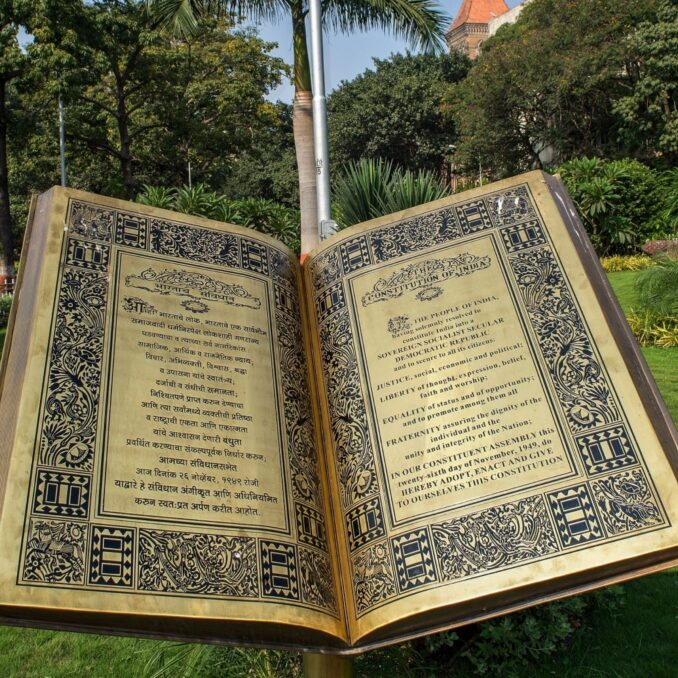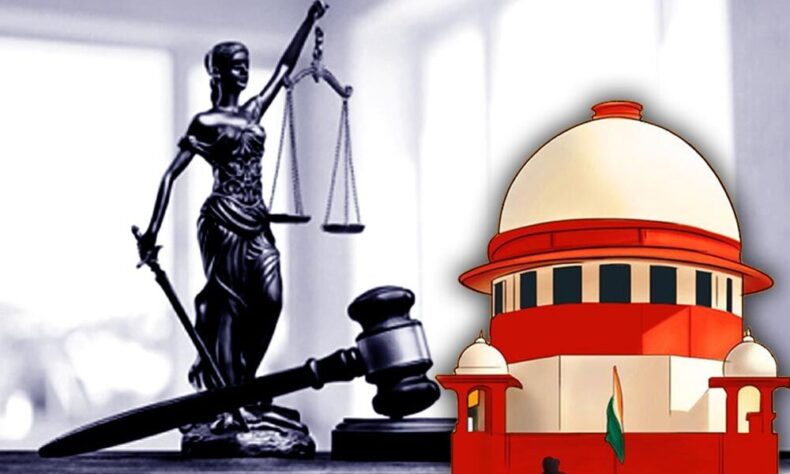Table of Contents
Dismissing a petition as frivolous, the top court of the country rejected a Public Interest Litigation and also imposed a fine of Rs.25,000 on the petitioner. The bench consisted of the Chief Justice of India Dhananjay Yashwant Chandrachud and Justice PS Narasimha.
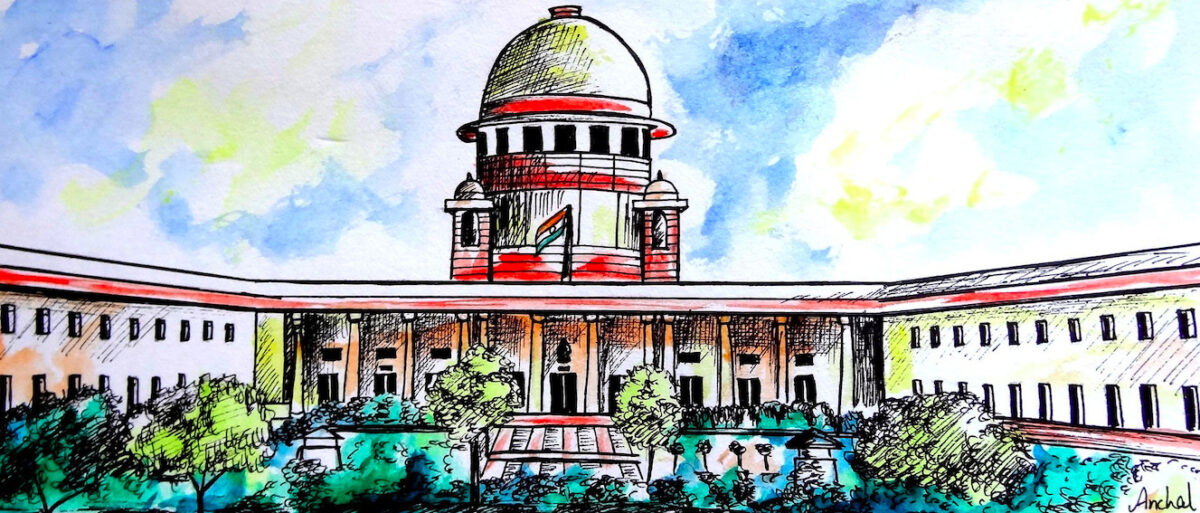
What was the petition?
An advocate had filed a plea in the top court seeking a gradual phasing out of reservation as it exists today and replacing it with an alternate form of affirmative action. Another plea filed by the same petitioner seeking “reclassification” of the caste system was also rejected.
What did the top court say?
The court came down heavily on the Public Interest Litigation and termed the filing of such a plea as an abuse of the court process. It ordered the petitioner to pay Rs.25,000 to the Supreme Court welfare fund with instructions to produce the receipt of payment before the court within two weeks.
The bench of Justices expressed their displeasure with such frivolous pleas and called them a waste of the court’s time.
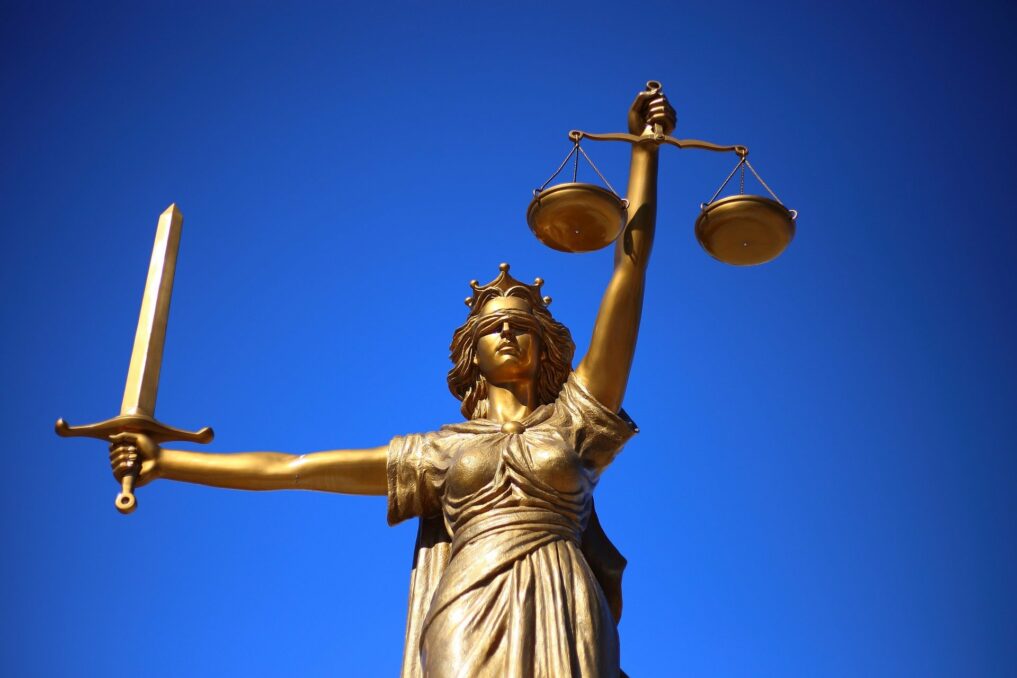
How does the reservation system work in India?
The reservation system in place in the country refers to reserving a certain percentage of seats in educational institutions, government bodies or legislatures in India for some sections of the population which have been historically marginalized. It is a form of affirmative action with provisions in the Indian Constitution.
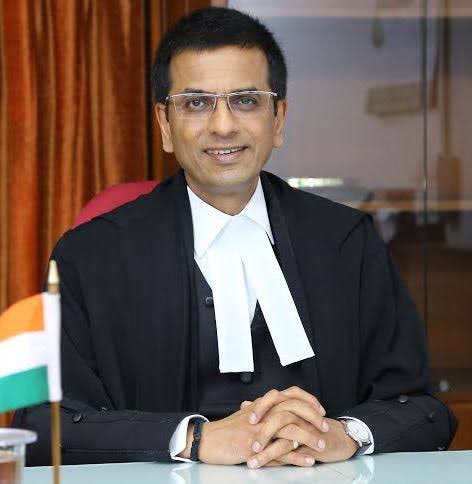
What is the purpose of reservation in India?
One of the fundamental features of our Constitution is the equality it confers on all citizens. The concept of equality extends to the effect laws have on different people. The same law might have different impacts on different people. Therefore, to ensure equity and equality of opportunity to people of communities that have been historically oppressed and are consequently underrepresented in educational institutions, government bodies, etc., the provision for the reservation was made in the Constitution. The rationale behind reservation is to empower such communities by taking a step towards the eradication of inequality. It aims to undo the impact of the long history of oppression of such communities.
What are the constitutional provisions related to the reservation system in India?
The following articles of the Constitution have provided for a reservation:
- Article 15(4):
The provision makes a declaration that despite the right to equality and prohibition against discrimination based on religion, race, caste, sex, etc. as per Article 15(1) the State can make provisions for the development and advancement of socially and educationally backward communities of the society.
- Article 15(5):
This article confers on the state the authority to make laws granting reservation to members of socially and educationally backward communities or Scheduled Castes or the Scheduled Tribes.
- Article 15(6):
This Article grants the State authority to grant reservation to the Economically Weaker Section of society other than the communities covered under Articles 15(4) and 15(5) reservation. As per the article, reservation to such people can be given in only educational institutions and is subject to a limit of ten per cent of the total number of seats.
- Article 16(4):
This article allows the State to make laws providing for reservation in government services if it seems that the members of a certain community are underrepresented in a particular government service.
- Article 16(6):
This section allows the State to grant reservations to the Economically Weaker Section of society in government services.
